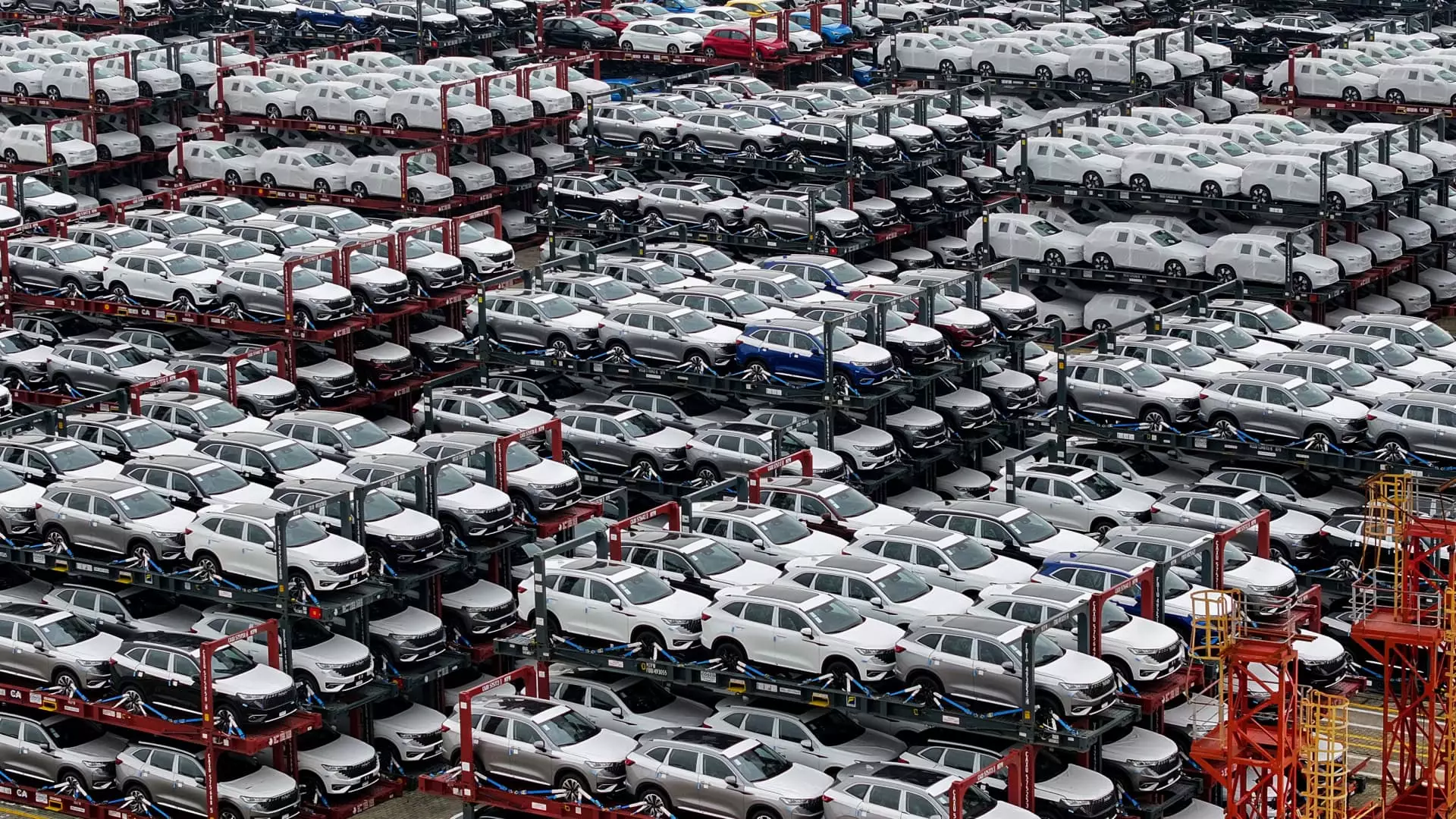China and the European Union have agreed to embark on discussions concerning the potential implementation of tariffs on Chinese-made electric vehicles (EVs) being imported into the European market. This announcement comes after Germany’s Economy Minister, Robert Habeck, was informed by EU commissioner Valdis Dombrovskis about the initiation of concrete negotiations with China. This development is seen as a significant step forward in addressing the anti-subsidy investigation into Chinese EVs by the EU.
Minister Habeck expressed optimism about the negotiations, highlighting that while it is a positive first step, more discussions will be necessary to reach a comprehensive agreement. He emphasized the importance of open markets but stressed the need for a level playing field, particularly concerning subsidies that could distort market competitiveness.
One of the key points of tension discussed during the negotiations was China’s increasing support for Russia amid the conflict in Ukraine. Minister Habeck raised concerns about the impact of China’s trade with Russia on the economic relationship between China and the EU, emphasizing the importance of adhering to sanctions and preventing the flow of technical goods to conflict zones.
The EU had proposed provisional duties of up to 38.1% on imported Chinese EVs, with a looming deadline of July 4 for their application. The ongoing investigation is set to continue until November 2, when definitive duties, potentially lasting for five years, could be enforced. Minister Habeck emphasized the need for negotiations and dialogue during this critical phase to address the tariff issue comprehensively.
Contrary to misconceptions, Minister Habeck clarified that the proposed EU tariffs on Chinese goods are not punitive measures but rather a response to potential unfair advantages gained through subsidies. He underscored the EU’s commitment to fair competition and emphasized the necessity of countervailing duties to address any imbalances in the market.
In response to the proposed tariffs, Chairman Zheng Shanjie of China’s National Development and Reform Commission reaffirmed China’s commitment to protect its companies. He refuted allegations of unfair subsidies, attributing China’s advancements in the new energy industry to technological prowess and market competitiveness rather than illicit practices. Zheng expressed hopes for German leadership within the EU to steer negotiations in the right direction.
In anticipation of potential tariffs, Chinese carmaker SAIC Group has unveiled a range of innovative products, including skateboards, hoodies, sneakers, cups, umbrellas, and table tennis paddles. These products, featuring the EU emblem and the figure “38.1”, symbolize the tariff percentage proposed by the EU. The chief design officer of SAIC Motor R&D Innovation Headquarters, Shao Jingfeng, showcased these items on social media, signaling resilience in the face of trade challenges.
The commencement of negotiations between China and the EU regarding tariffs on Chinese EVs marks a critical step towards resolving trade tensions and fostering dialogue between the two economic powerhouses. As discussions progress, mutual understanding, cooperation, and a commitment to fair trade practices will be essential in reaching a mutually beneficial agreement.



Leave a Reply